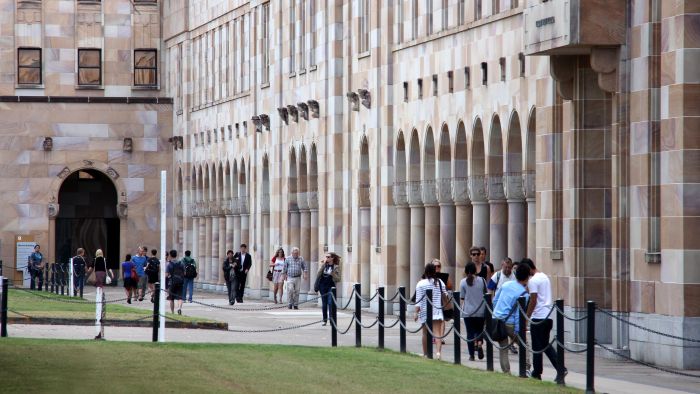The Federal Government last week announced it wants to change how much university students pay for their degrees — and the cost for some would double under the plan.
The Government projects 40 per cent of students will end up paying more for a university education, while most will either have fees reduced or stay the same.
The changes still have to be passed by Parliament before they actually become law, but if you’re a student or a parent worried about how the changes could affect you, here’s what you need to know.
What makes up the cost of a degree?
When most people think of university fees, they think of the cash that ends up as HECS-HELP debt.
But the cost of a university degree is actually higher than that, when you account for the Government stepping in to share the load with students.

“In effect, for an undergraduate domestic student, there are two contributions to the cost of teaching that course: one from government, and one from the domestic student,” said Emeritus Professor Frank Larkins from the University of Melbourne’s higher education centre.
For instance, under the current system, the cost of studying social sciences next year would be $17,800 — but the student would only accumulate $6,800 in HECS debt for the year, with the Government covering the rest.
Becau

